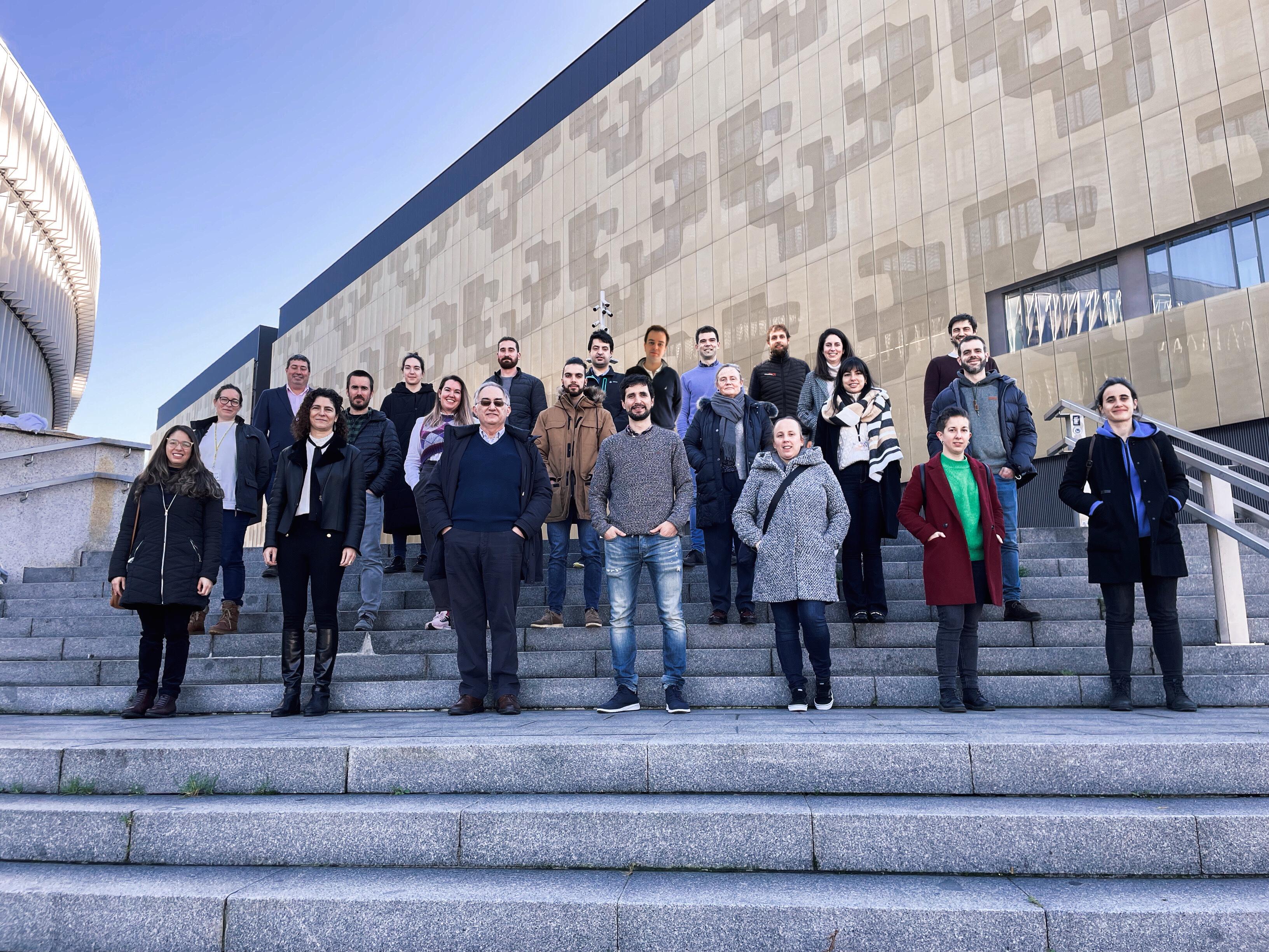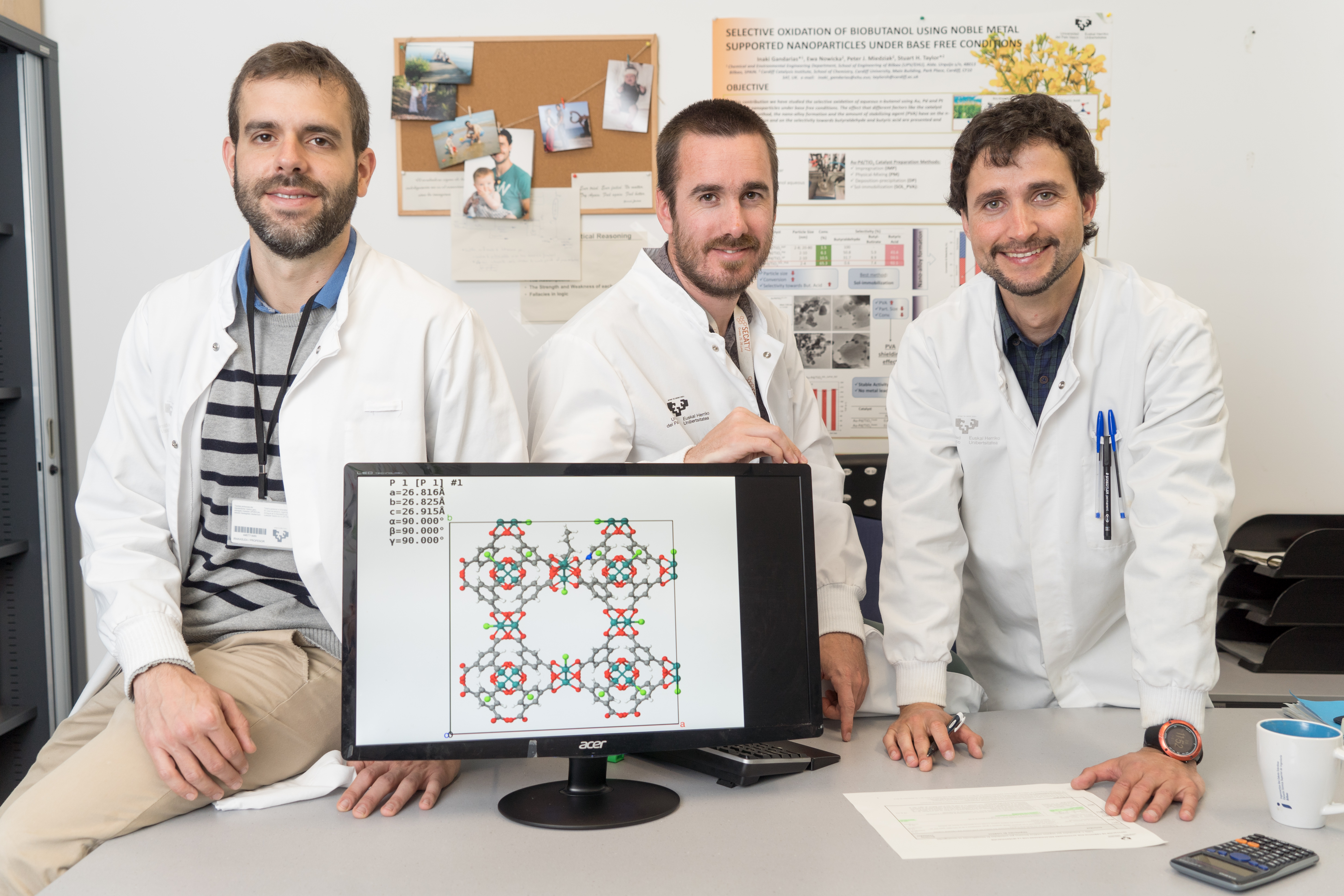Precise engineering of defects transforms metal–organic frameworks into selective heterogeneous catalysts for ethylene dimerization without activators or solvent The production of 1-butene via ethylene dimerization is one of the few industrial processes that employs homogeneous catalysis due to their high selectivity—despite the massive amounts of activators and solvents required.
Presentation

The SUPREN SUstainable PRocess ENgineering research group is integrated in the Department of Chemical and Environmental Engineering of the Bilbao School of Engineering (University of the Basque Country). Its different R&D activities are briefly described in what follows:
- Physicochemical characterization of fuels and urban or industrial wastes to design their valorization.
- The development of thermochemical and valorization processes to valorize and recycle organic wastes through pyrolysis or gasification.
- The development of hydrometallurgical processes to valorize and recycle industrial wastes.
- The preparation, characterization and testing of heterogeneous catalysts for reforming, oxidation, hydrotreating, dehydration and hydrogenolysis processes of both fossil (oil fractions, NG) or renewable (biomass) resources.
- The application of advanced and innovative approaches from chemical reaction engineering to develop microreaction systems or other ones with coupled selective separations (reactive distillation, membrane modules). These technologies use to be applied to hydrogen production technologies and to biorefinery processes development (biofuels and added-value intermediates or products).
All the expertise accumulated working in all the previously indicated areas allows at present the development of research projects within the following lines of R&D:
- Design of innovative reaction systems
- Development of biorefinery processes
- Hydrogen technologies
- Waste to resource (W2R)
- Development of hydrometallurgical processes
The R&D researchers have also experience in modeling and simulation in process engineering: experimental data processing, model tuning, process scale-up or design and optimization of real processes. Both commercial simulators and specifically developed tools use to be applied in this field.

